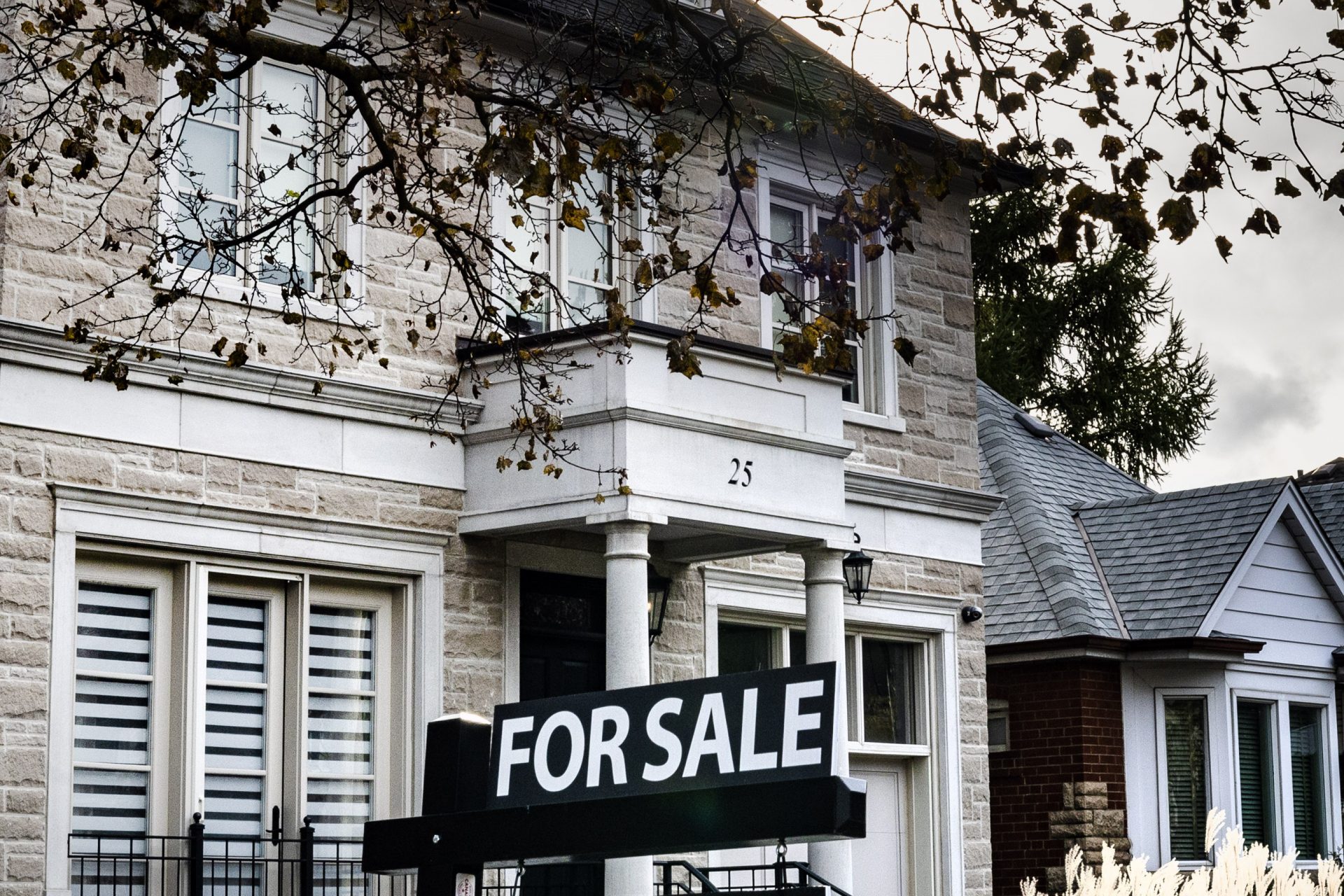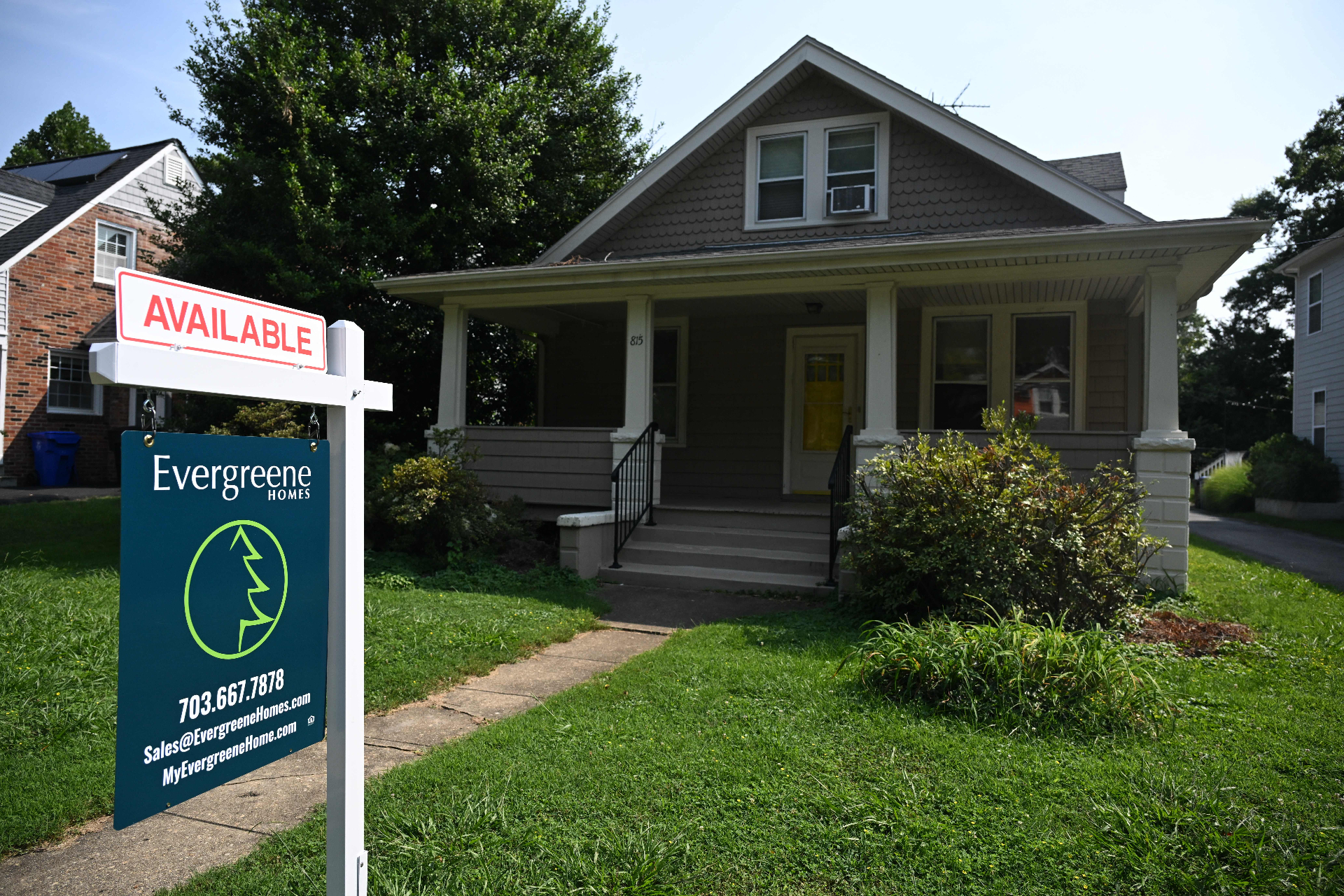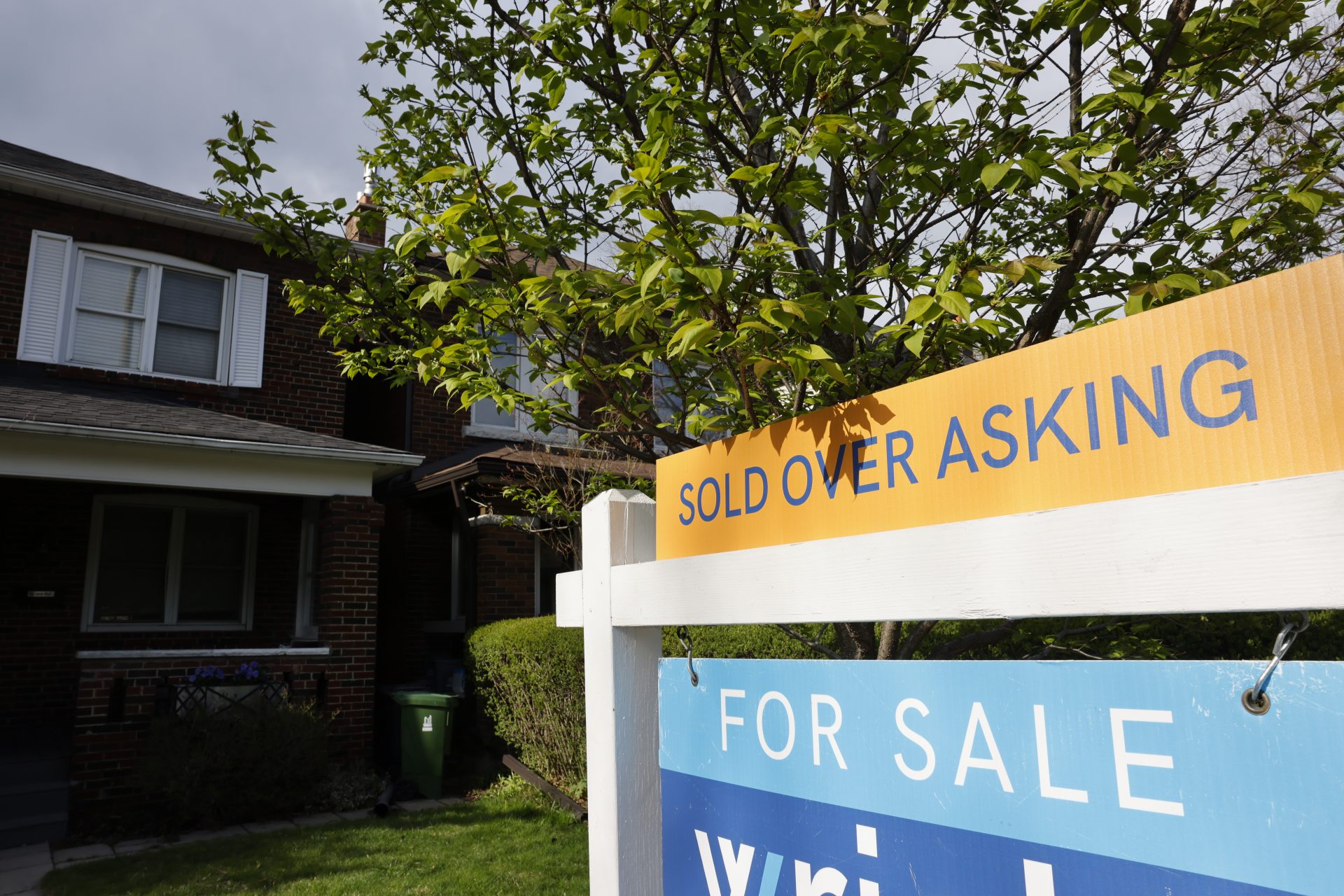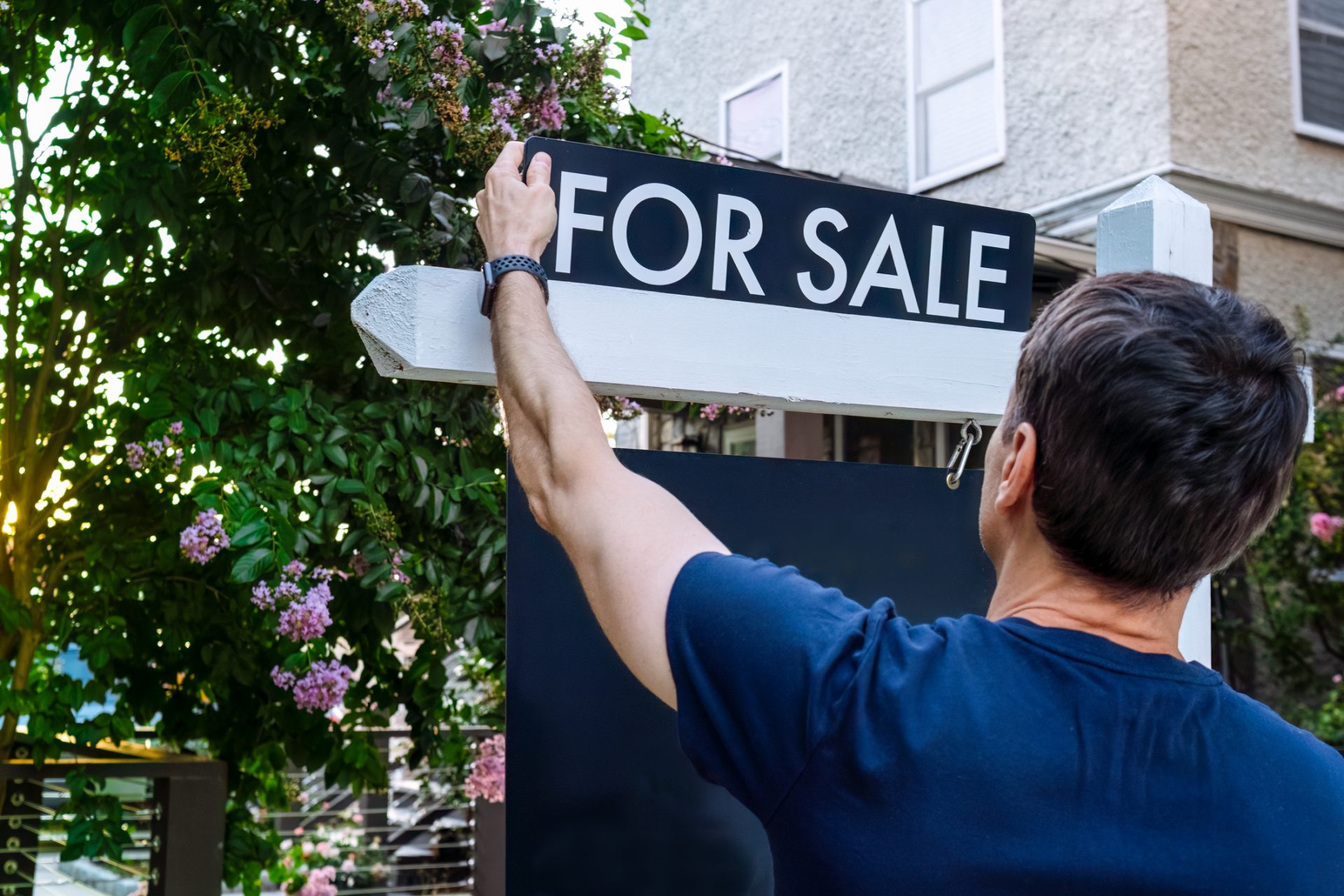Is the US housing market killing the starter home?
Families flowed through the US housing market like a river. First, they bought a starter home, and then, as the family grew, they moved to a bigger one and sold their first to a new family.
To the American family, starter houses were a road to equity. They allowed them to be save enough for a larger home when they had children. However, the river is clogged now.
According to experts and data cited by The New York Times and Axios, families are getting stuck in their starter homes, unable to move to a much-needed bigger space.
That also means that the families that would have bought their starter homes to start their housing journey are also left out of the market.
According to data collected by Axios, one-third of homeowners have been trying to move for several years. At the same time, a larger share of the families asking for real estate loans are first-time buyers.
A paper from the Federal Housing Finance Agency collected by The New York Times concluded that 900,000 fewer homes changed hands in the US in 2023.
Photo: Oleksandr Pidvalnyi / Pixabay
The newspapers attribute the problem to historically high interest rates, historically high home prices, and a historically low inventory.
The interest rates come from the Federal Reserve’s attempt at reducing the record-high inflation the US faced after the pandemic. With that, the Fed hoped to reduce spending and lower prices.
The measure worked on inflation but also trapped families that bought their starter homes with historically low interest rates in the years before the pandemic.
The New York Times quoted a family that bought their starter home with just over 2% interest. Now, they would have to assume a 7% interest to buy a bigger home for their kids.
The second issue is the prices in the American housing market. After a pandemic housing boom, house prices are at an all-time high.
According to real estate consulting firm Redfin, the median price for a house in April 2024 was $434,000, a record for that month outside the pandemic boom.
Another issue is the lack of new houses. In 2020, only 65,000 starter homes were built, a fourth of the houses constructed yearly in the 1970s, The New York Times reported.
The lack of mobility in the market also contributes to the housing shortage. New homebuyers have fewer options as first homeowners get stuck in their starter homes.
According to Axios, Realtor.com said half of sellers are waiting for mortgage rates to come down before they list, something the Fed said might happen later this year.
Still, even with lower interest rates, some housing market problems will remain, and the effect on home prices is still unknown.
More for you
Top Stories




























